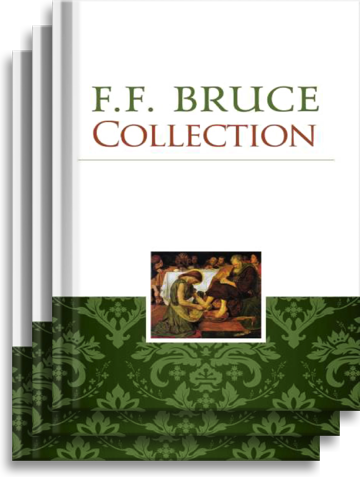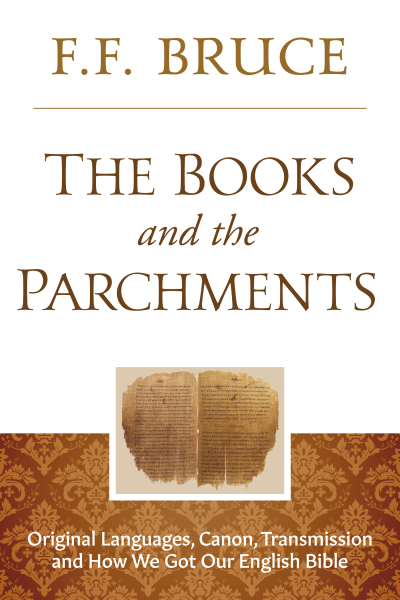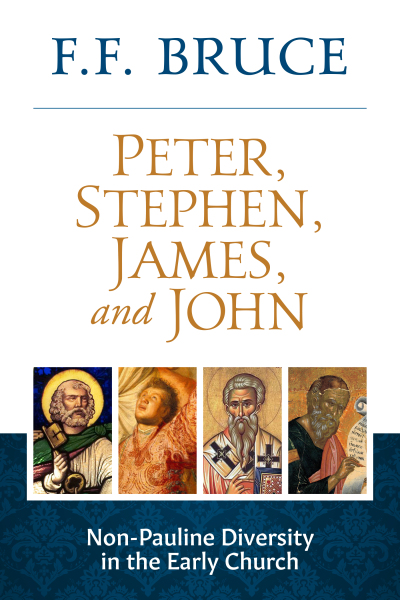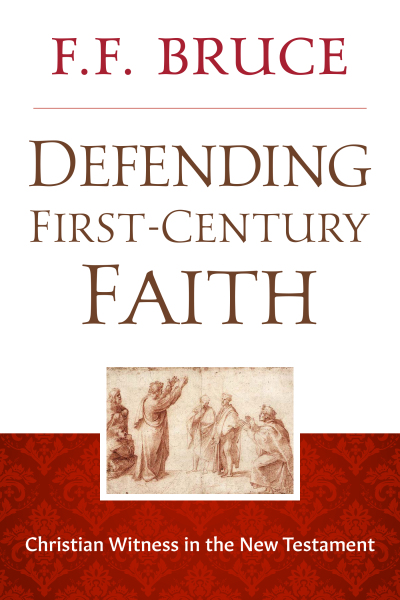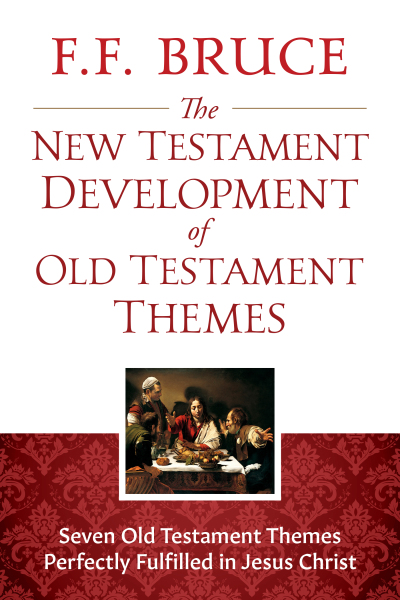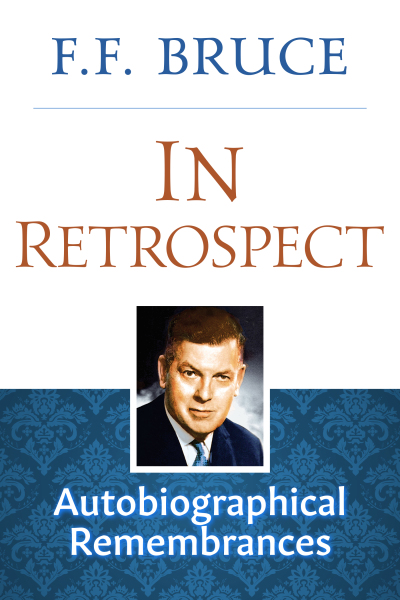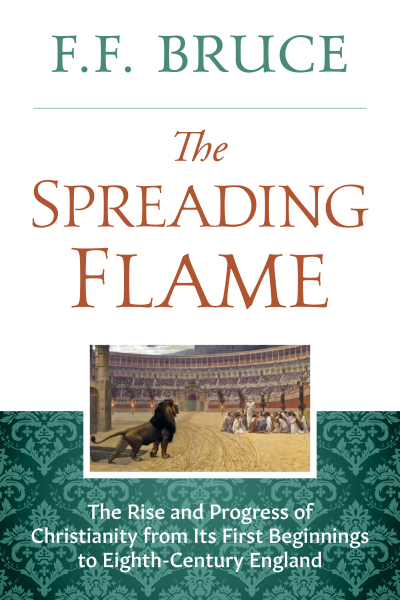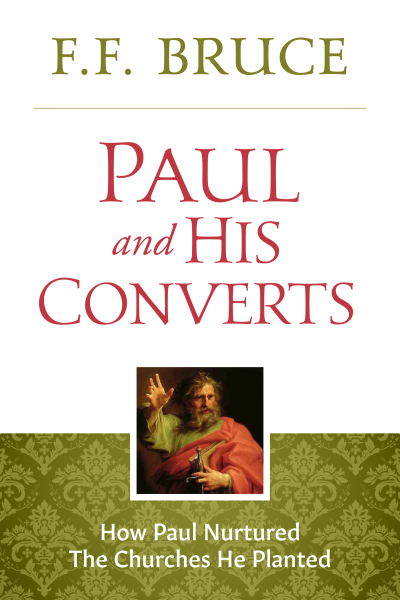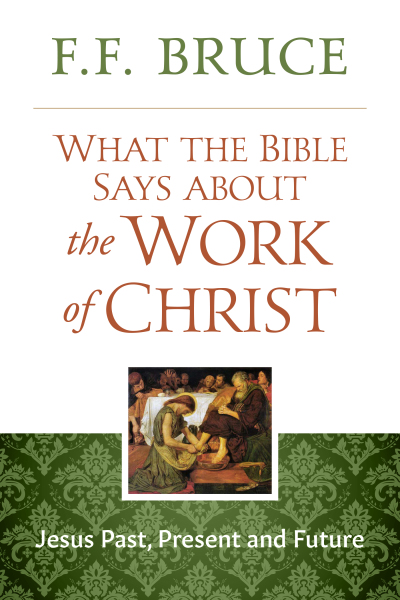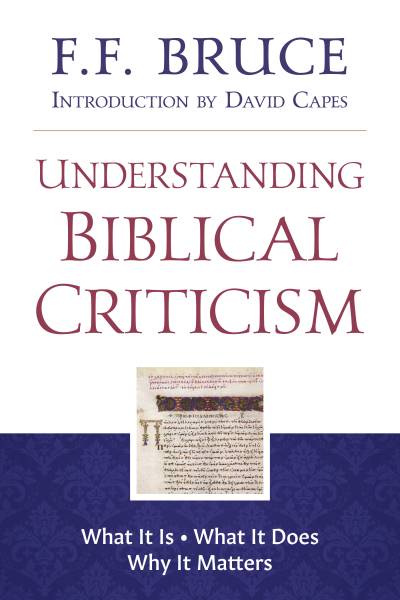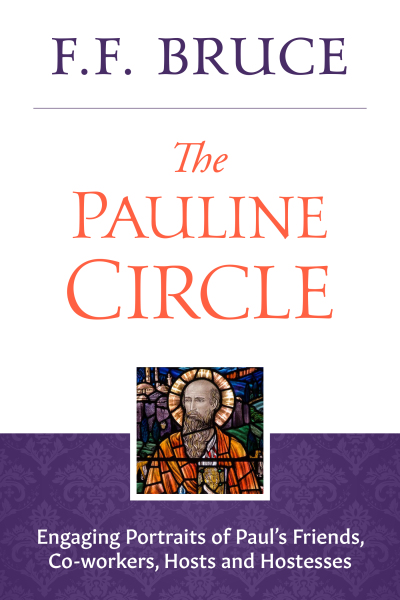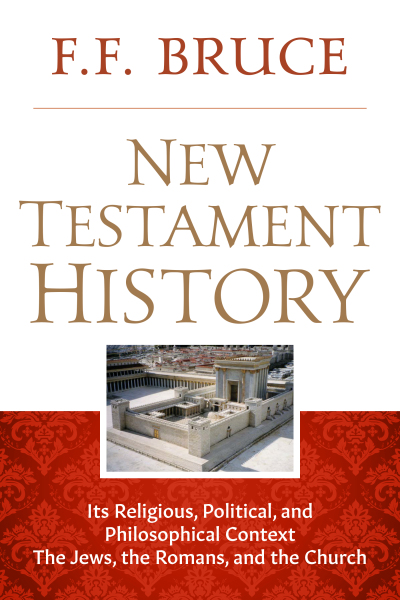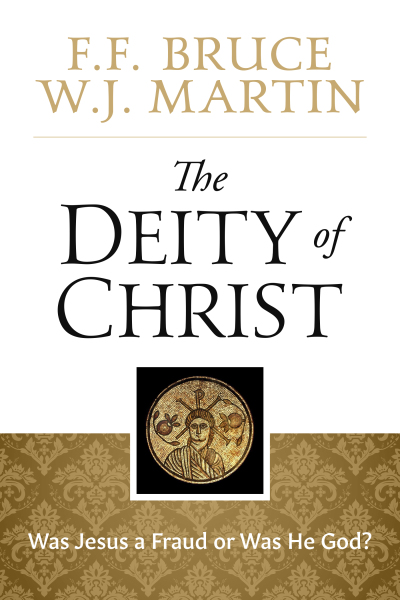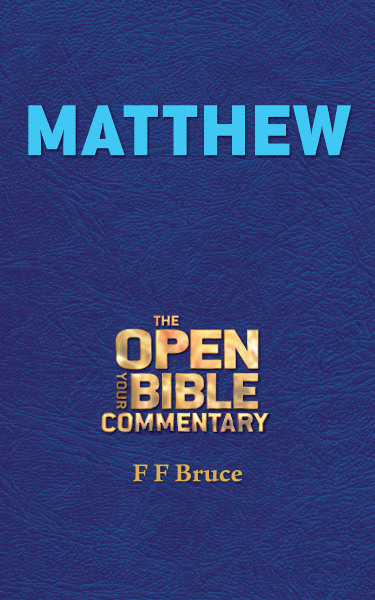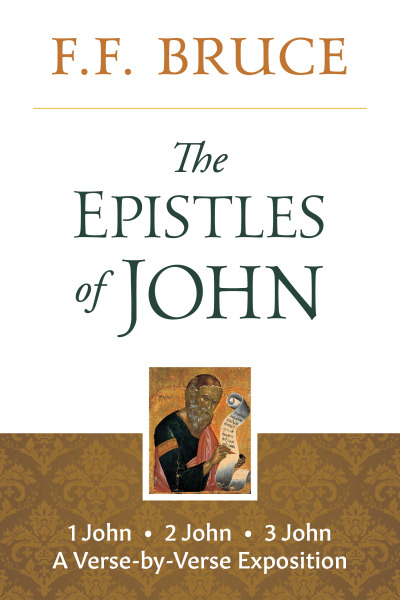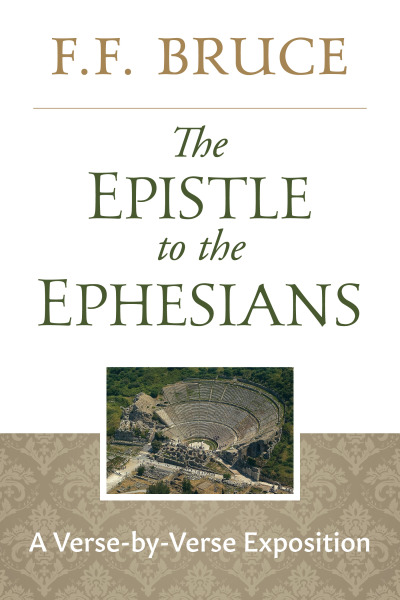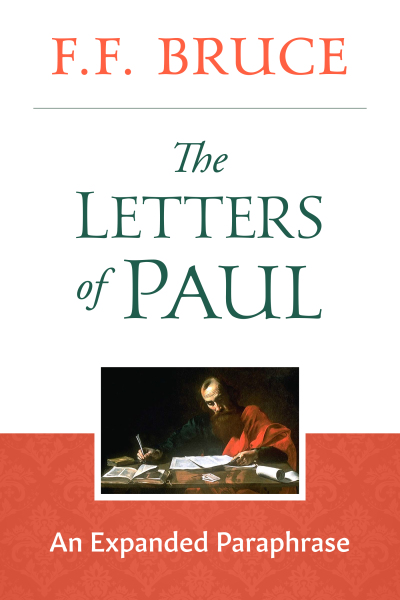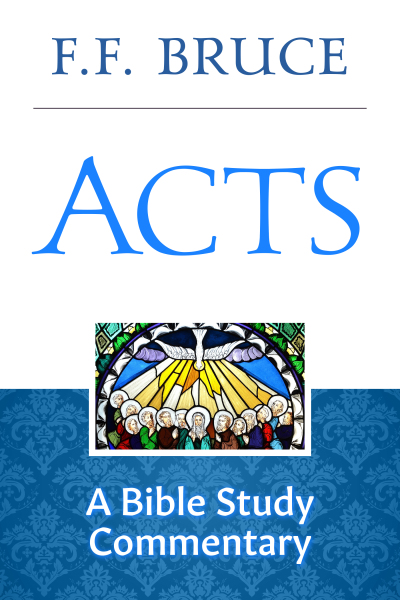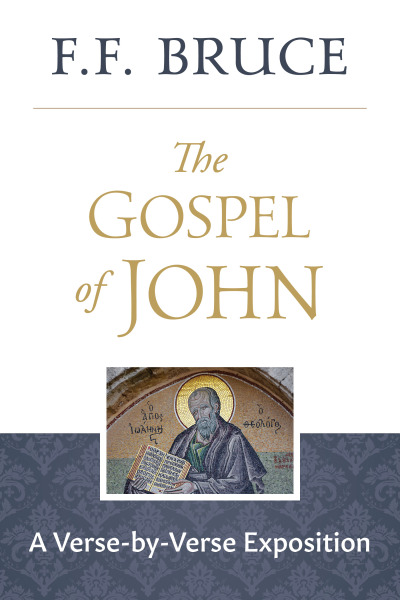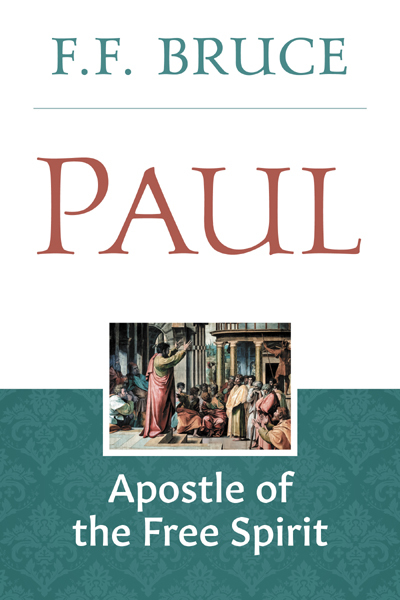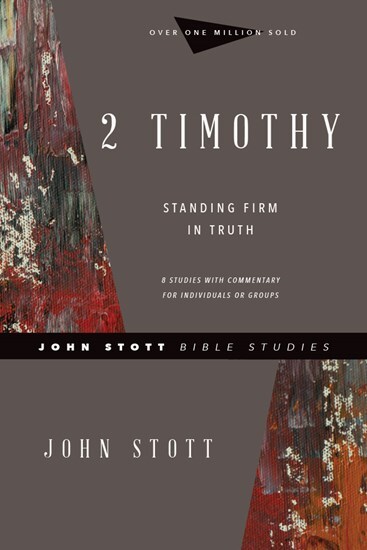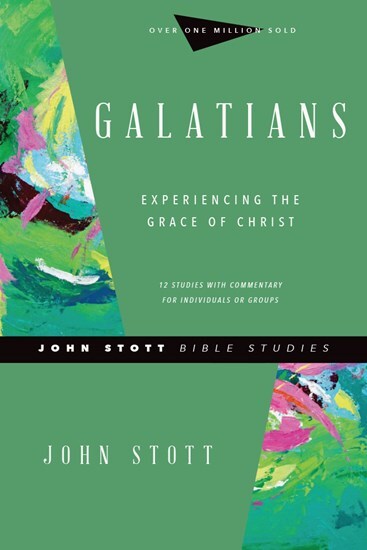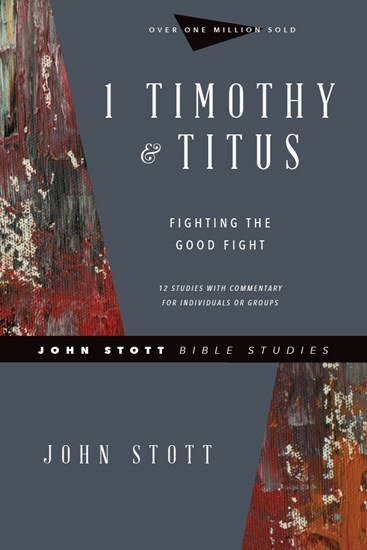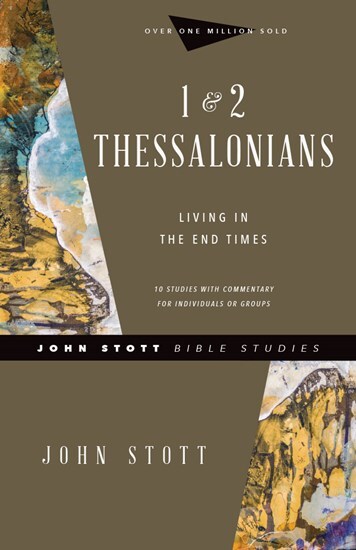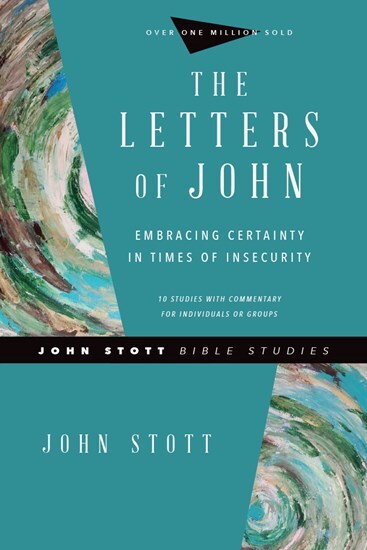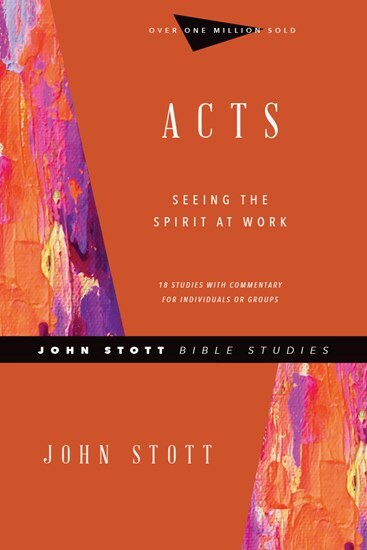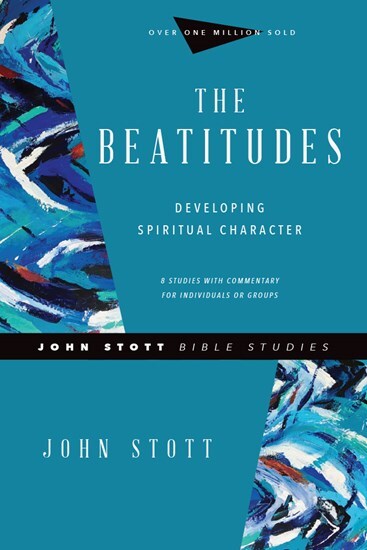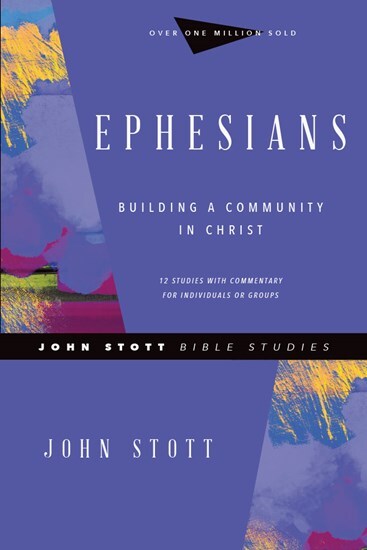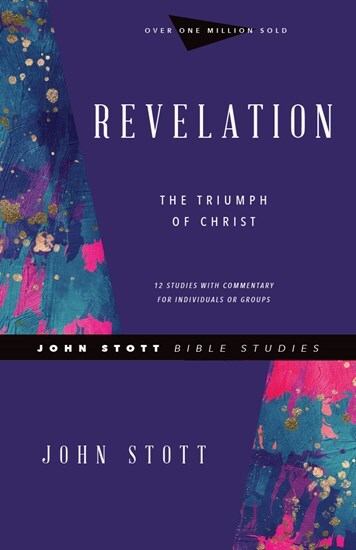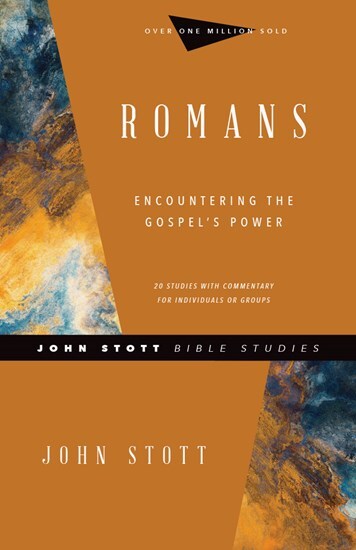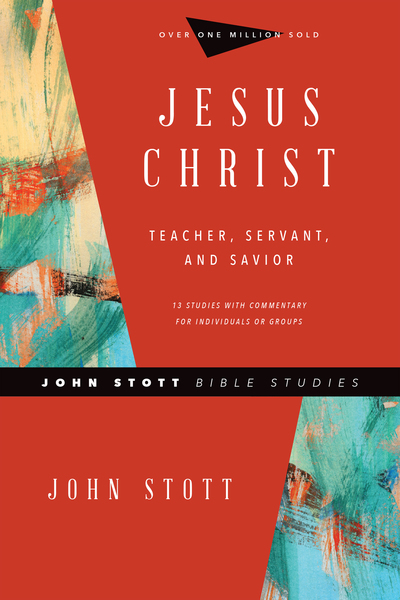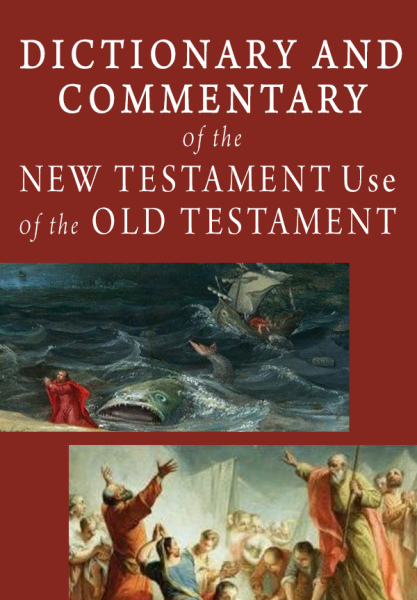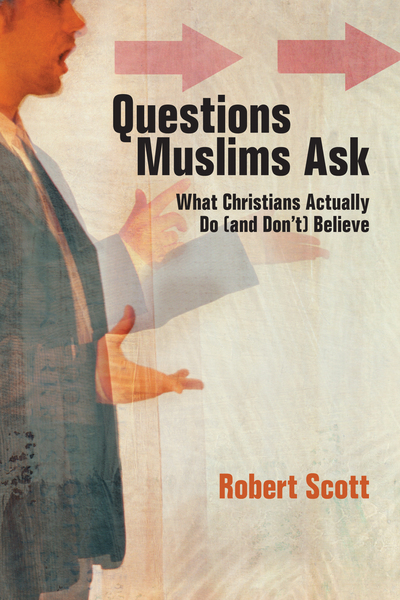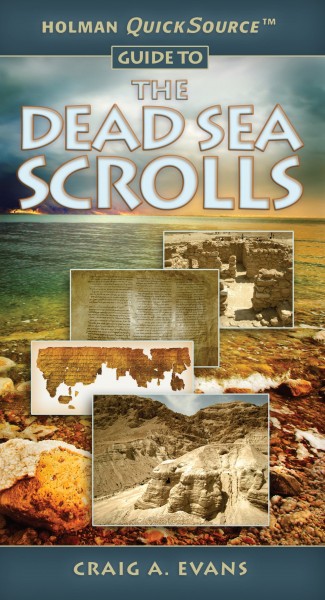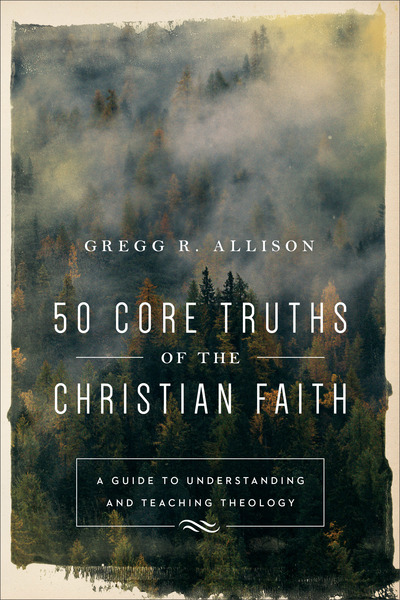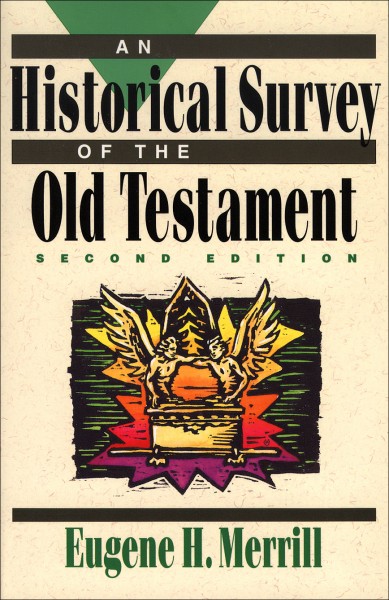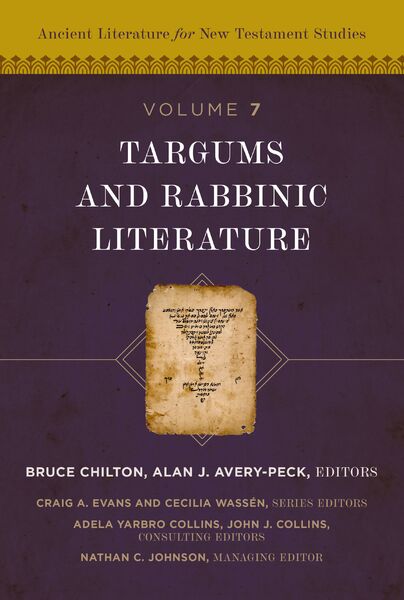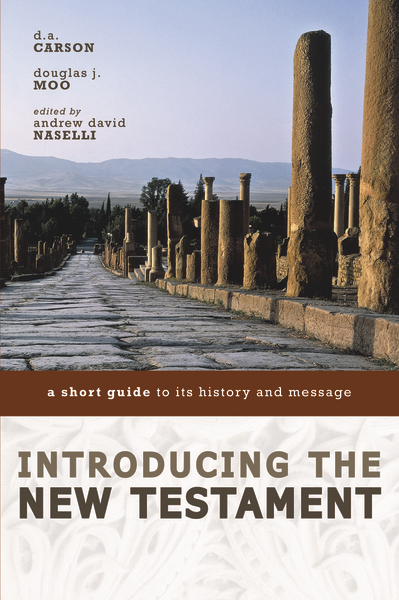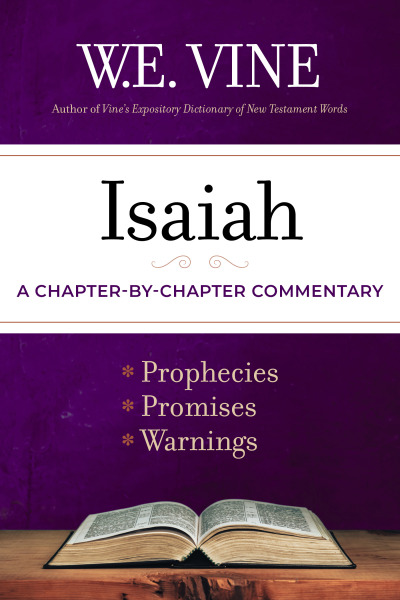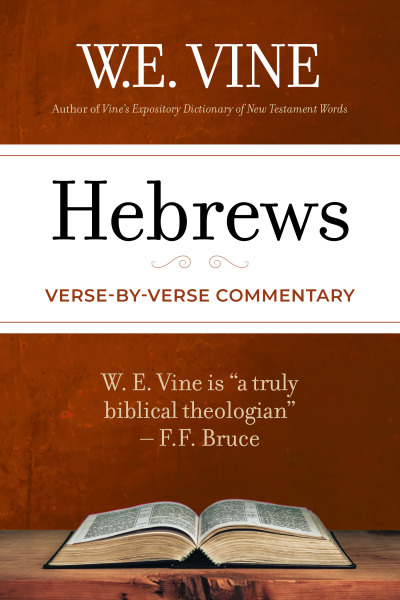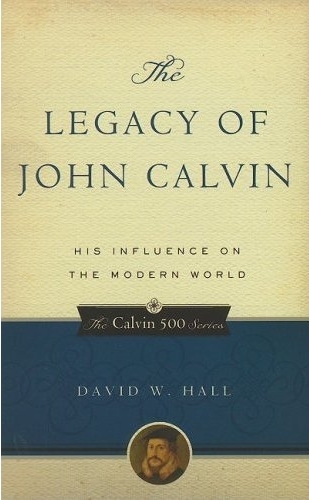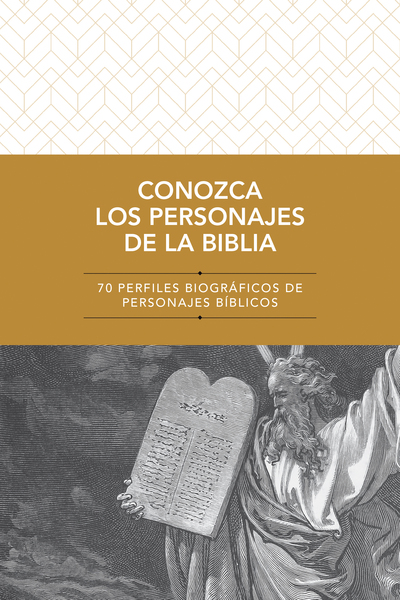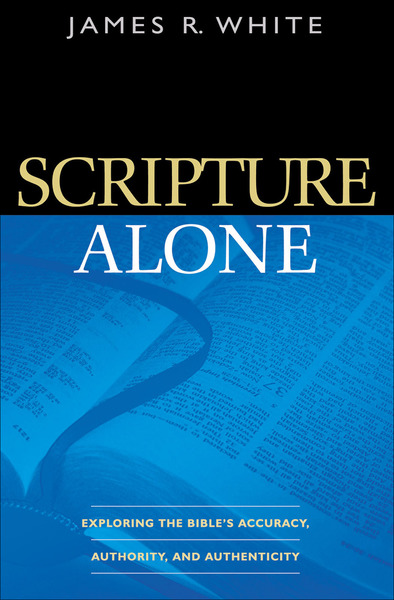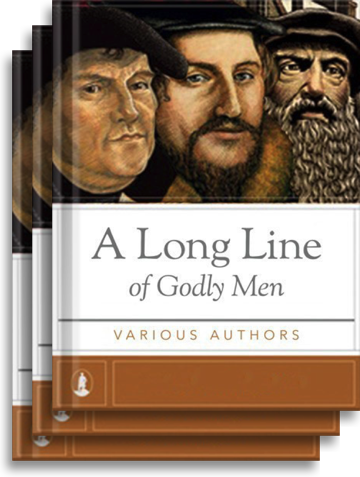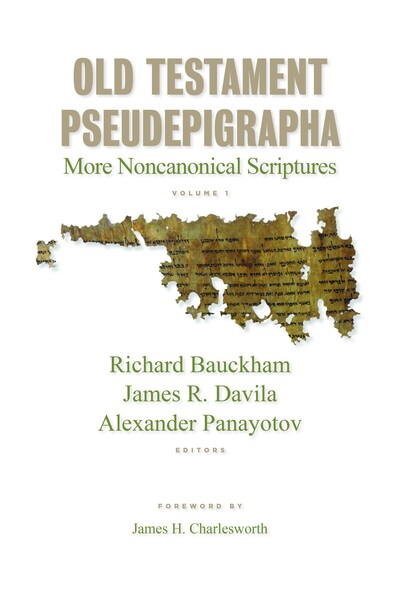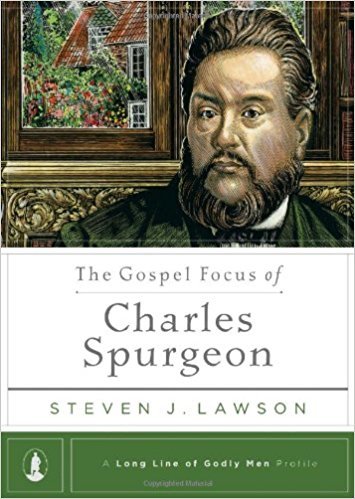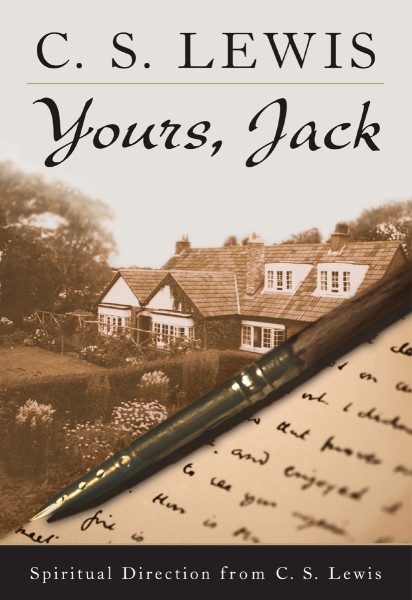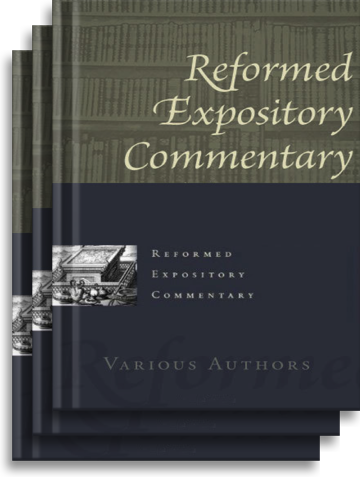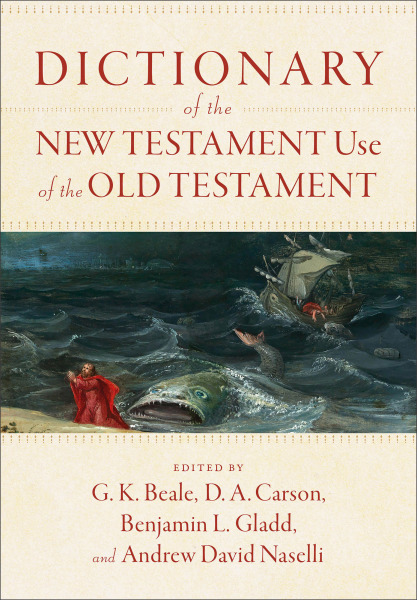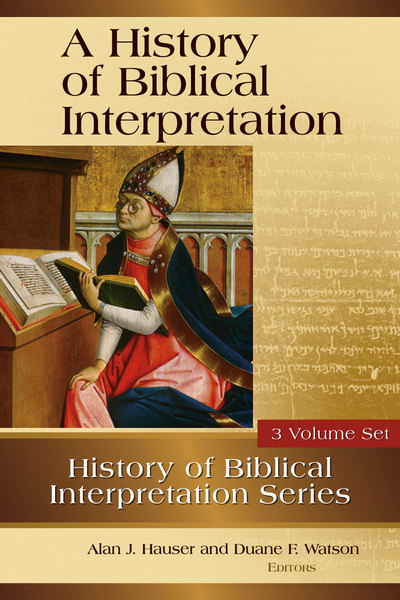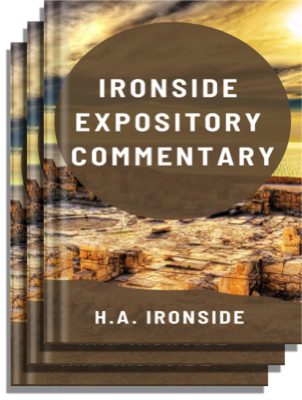

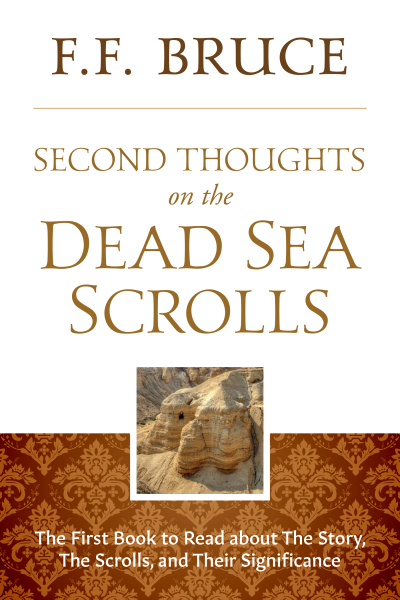

"I felt as if I were discovering the Dead Sea Scrolls myself," said one reviewer because "the book is exciting to read." Although first written fewer than ten years after the discovery of the Dead Sea Scrolls, this third edition (1964) is an excellent, readable introduction to "the greatest manuscript discovery of modern times." F.F. Bruce’s balanced and thoughtful book answers the questions readers still want to know about the story, the Qumran community, the scrolls, and their significance for the histories of Judaism and Christianity and for biblical studies.
The book’s chapters:
- The First Discoveries
- Later Discoveries
- Wadi Murabba’at and Khirbet Mird
- Dating the Finds
- Khirbet Qumran
- The Scrolls and the Old Testament
- Biblical Interpretation
- The Messianic Hope
- The Teacher of Righteousness and His Enemies
- The Qumran Community
- Qumran and the Essenes
- Qumran and Christianity
"No matter at what point one brings the record of the Dead Sea discoveries to a provisional conclusion," Bruce says, "it will be many years before 'Finis' can be written. Perhaps indeed all that is contained in the foregoing pages is only the beginning." Although more details are now known about the Dead Sea Scrolls and they can now be viewed online, this is still one of the best introductions available.
F.F. Bruce (1910-1990), known as the dean of evangelical scholarship, had a passion for proclaiming the Bible as God’s guide for our lives. He was Rylands Professor of Biblical Criticism and Exegesis at the University of Manchester in England. A prolific writer, his commentary volumes and other works are considered classics. His work New Testament Documents: Are They Reliable was selected by Christianity Today as one of the top 50 books of all time which shaped evangelicals. Bruce combined an immense contribution to evangelical scholarship with a passion for proclaiming the Bible as God’s guide for our lives. He used his great knowledge to explain the Bible simply and clearly.
